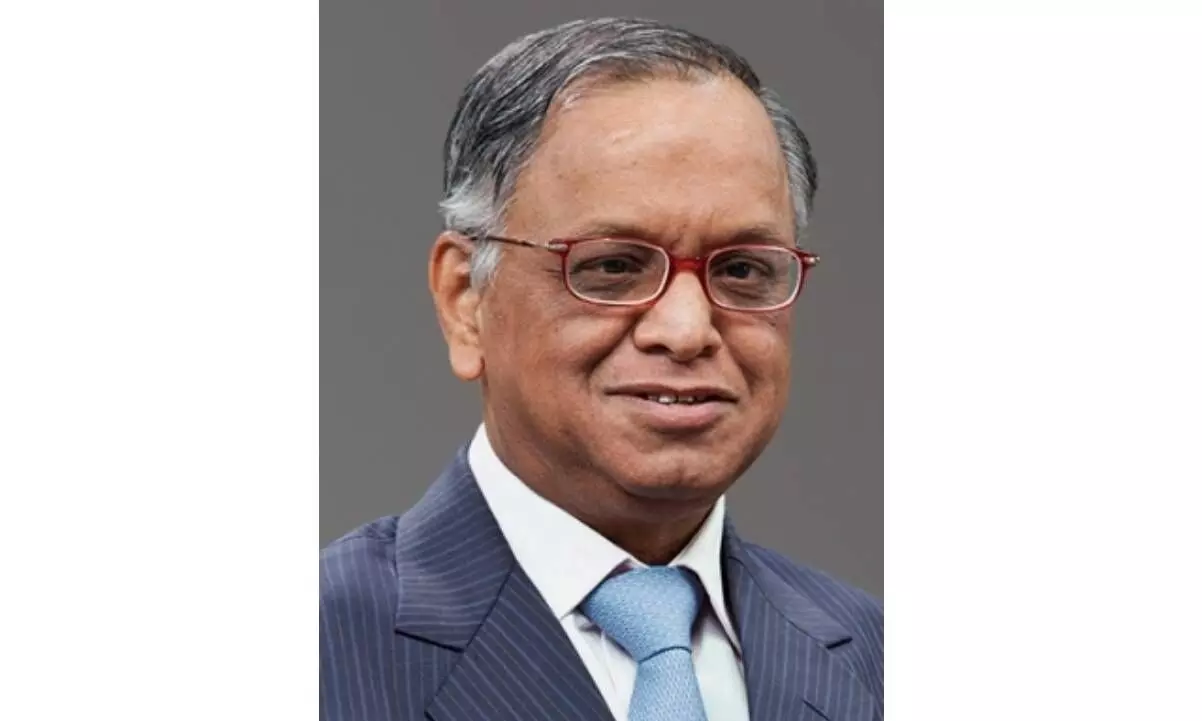Spending $1 bn annually can help train STEM teachers in India: Murthy
Infosys founder NR Narayana Murthy on Wednesday called out the need for spending $1 billion annually to train teachers in science, technology, engineering and mathematics (STEM) to foster a better education in India.
image for illustrative purpose

New Delhi, Nov 15 Infosys founder NR Narayana Murthy on Wednesday called out the need for spending $1 billion annually to train teachers in science, technology, engineering and mathematics (STEM) to foster a better education in India.
Murthy stressed the need to create 2,500 institutions to train primary and secondary school teachers by spending $20 billion over the next two decades.
For this, he suggested inviting 10,000 retired highly accomplished teachers from over the globe and India.
“One possible way of accelerating NEP’s outcome is to invite 10,000 retired highly accomplished teachers from the developed worlds and from India in science, technology, engineering and mathematics (STEM) to create 2,500 ‘train the teacher’ colleges across India", the billionaire businessman said, at the Infosys Prize ceremony, hosted by the Infosys Science Foundation (ISF) in Bengaluru.
"We will be able to train 250,000 primary school teachers and 250,000 secondary school teachers every year by this method. These trained Indian teachers can themselves become trainers over a period of 5 years.
"We should pay about $100,000 a year," he said, while also stressing the need for providing better facilities and pay to teachers.
Further, Murthy said India is still in stage 1 “in some important areas like design of livable cities, pollution management, traffic management, and providing clean and safe water”.
India must aspire for stage 4 in innovation and invention, where it becomes an inventor of new processes, products, and services, he noted.
Awarding the Infosys Prize 2023 to six individuals for their remarkable contributions to scientific research in India, he said, “Learnability, creativity and innovation are the ways to navigate our fast-changing world. We must be daringly inventive to tackle the daunting and persistent problems of today”.
The awards were in six categories -- Engineering and Computer Science, Humanities, Life Sciences, Mathematical Sciences, Physical Sciences, and Social Sciences.
The prize for each category comprises a gold medal, a citation, and a prize purse of $100,000 (or its equivalent in INR).

